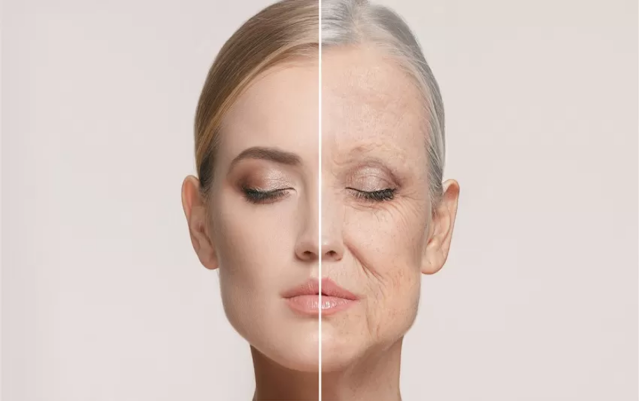Qual è la tua vera età biologica? Il test scientifico / What is your true biological age? The scientific test
Qual è la tua vera età biologica? Il test scientifico / What is your true biological age? The scientific test
Segnalato dal Dott. Giuseppe Cotellessa / Reported by Dr. Giuseppe Cotellessa
L'età biologica può essere diversa da quella anagrafica: ora un test la stabilisce senza ombra di dubbio.
“Quanti anni mi dai?”, è la domanda più difficile che spesso risuona nelle conversazioni fra conoscenti: il rischio gaffe è dietro l’angolo e soprattutto, da una certa età in poi, indovinare è praticamente impossibile. Nonostante l’età sia un numero infatti ci sono molteplici varianti che possono intervenire: quanti anni si hanno spesso non corrisponde a quanti se ne sentono e il nostro viso (o il nostro corpo) possono raccontare storie diverse.
Ci pensa la scienza, con un test dal risultato incontrovertibile, a dirci quanti anni abbiamo: e non è detto che siano gli stessi che risultano dalla carta d’identità.
Il test si chiama BioAge ed è stato sviluppato da GEK Group: analizza la lunghezza dei telomori, una sorta di orologio biologico del nostro corpo, stimando quanto velocemente stiamo invecchiando (questa dieta potrebbe aiutare). Si tratta in sostanza delle terminazioni dei cromosomi, una sorta di protezione (simile a quella in plastica alla fine dei lacci delle scarpe per evitare che si sfilaccino) che contrasta la perdita di “pezzi”. Con il tempo, per effetto dell’invecchiamento, i cromosomi infatti si accorciano: se però lo fanno in anticipo rispetto all’età anagrafica, è possibile correre ai ripari.
Il senso di questo test è proprio questo: evitare l’accorciamento dei telemoriper restare giovani “dentro” più a lungo possibile. Una volta ottenuto il risultato vengono infatti fornite anche linee guida personalizzate per ristabilire la propriaetà biologica ed evitare l’insorgenza di malattie, dovute tipicamente allo stress, alla cattiva alimentazione o alla mancanza di attività fisica, tre cause principali di invecchiamento precoce.
Per fare il BioAge test basta un prelievo di sangue sul polpastrello e si hanno i risultati in tre settimane circa: una sorta di FaceApp scattato da dentro, che mostra però l’effettivo stato della nostra “anzianità”!
ENGLISH
The biological age can be different from the registry age: now a test establishes it without a shadow of a doubt.
"How many years do you give me?", Is the most difficult question that often resonates in conversations between acquaintances: the gaffe risk is around the corner and above all, from a certain age onwards, guessing is practically impossible. Although age is a number, in fact there are many variations that can intervene: how old you are often does not correspond to how many you feel and our face (or our body) can tell different stories.
We think science, with a test from the incontrovertible result, to tell us how old we are: and it is not said that they are the same that result from the identity card.
The test is called BioAge and was developed by GEK Group: it analyzes the length of telomores, a sort of biological clock in our body, estimating how fast we are getting older (this diet could help). It is essentially the terminations of chromosomes, a sort of protection (similar to the plastic one at the end of shoe laces to prevent them from fraying) that counteracts the loss of "pieces". With time, as a result of aging, the chromosomes in fact shorten: if they do it in advance compared to the chronological age, it is possible to run for cover.
The meaning of this test is precisely this: to avoid the shortening of telemorers to remain young "inside" for as long as possible. Once the result is obtained, customized guidelines are also provided to re-establish the biological age and avoid the onset of diseases, typically due to stress, poor diet or lack of physical activity, three main causes of premature aging.
To do the BioAge test just take a blood sample on your fingertip and you have the results in about three weeks: a sort of FaceApp shot from inside, which shows however the actual state of our "seniority"!
Da:




Commenti
Posta un commento